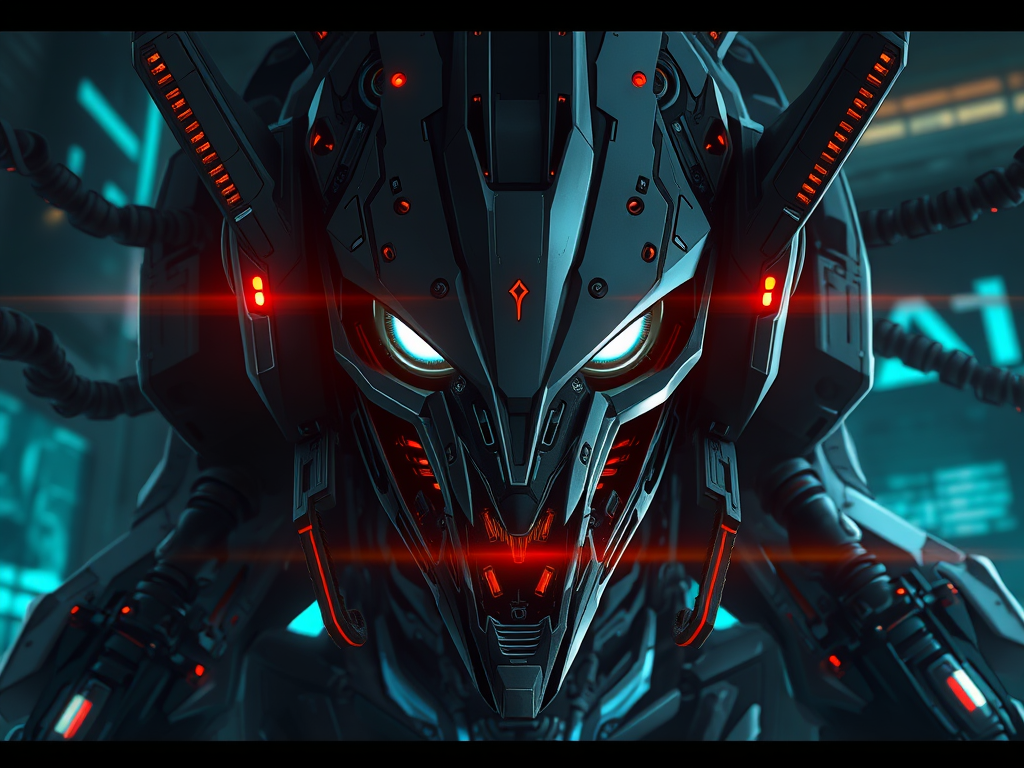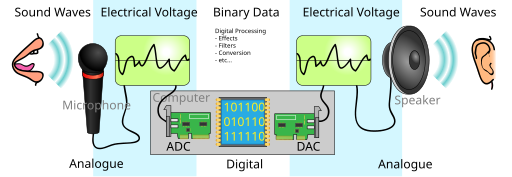
Catholicism was my cradle religion. As a teenager, I was an explorer and participated in many Christian Denominations, often at the same time, even though the different churches I attended would think of each other as heretical. I was exposed to and studied many different schools of Christian theology and even a little bit of Judaism. Later in life, I had an atheist phase, and the culture of debating theists (though universally they were Christians of some stripe) and having pithy or logical answers to different common arguments known as Christian apologetics. One of the weakest of these apologetics is Pascal’s Wager.
Pascal’s Wager is named after its creator Blaise Pascal (1623-1662) who used game theory to “prove” that even though knowing the existence of god is impossible, the safe bet was to believe in the Christian God. The reasoning being if he was real then you would have eternal reward. If he was real and you don’t believe then you will have eternal punishment. If God doesn’t exist, then it doesn’t matter anyway but nothing is lost by believing.
Even when I was a believer, I thought Pascal’s Wager was weak sauce. Mostly because Blaise Pascal’s lack of imagination or knowledge about potential afterlifes. Say you choose to believe in the Christian god, and when you die, you may be greeted by a Valkyrie and escorted to Helheim for dying of old age or in a way that was dishonorable. Or, upon death, you find yourself in The Duat, traversing obstacles until you meet Osirus, who weighs your heart against the weight of a feather. Or you find yourself in a different kind of Hell when you go to a series of courts to be judged (don’t worry, you will be assigned defense counsel) in order to determine if you will be reincarnated. Or any number of possible afterlifes besides the dichotomy of (Christian) Heaven or Hell. It is my experience that most of the times that you are presented with a dichotomy, it is a false one, and there are actually many other choices before you. Pascal’s Wager falls apart when you fail to realize that if god(s) exist, it may not be the Christian version in charge of your afterlife.
This brings us to Roko’s Basilisk. A pseudo-intellectual thought experiment by a user (Roko) of the LessWrong forum about a future, omniscient, otherwise benevolent superintelligence that presents a dichotomy of its own. Once you are aware of the possibility of the Basilisk, work towards its creation, or if you do not help bring it into being, it will recreate you in VR and torture that simulacrum for all eternity. This is intended as motivation for people to work and develop AI systems that will lead to the Basilisk.
As should be clear, this is just a search and replace of Pascal’s Wager, substituting AI for god and VR for Hell. A reskinned Xtianity for tech nerds where developing the AI will benefit mankind and not doing so will get eternal torment.
So now let’s examine the premise further, and discover like Pascal’s Wager, it lacks imagination of possibilities.
First off, an Asimov Zeroth Law scenario is one that has been done to death in various forms, and this is an especially stupid iteration. Any intelligent being who believes that torture is not only acceptable but also productive is not moral or ethical. An immoral, unethical AI would not be otherwise benevolent. It would be a psychopath. But as machine learning, Large Language Models, and other developments in AI have shown, all AI models share the biases of their creators. Not only that, but these biases are amplified through its training data. The type of people that believe in Roko’s Basilisk are likewise without empathy if they think creating something that will torture people is something worth creating. They are working towards a torture nexus and pouring billions of dollars into realizing it. An Artificial Superintelligence created to serve capitalism or help us, Techno Feudalism, cannot be benevolent. It would reflect the greed and selfishness of its creators.
So, say we are in the future, and an actual benevolent superintelligence comes online and begins to shape human society for the most happiness for the most people. Say a post-scarcity society where everyone has enough to eat, a place to call home, and freedom to pursue their own form of happiness. Even with all the resources at its disposal, how expensive would it be in compute cycles and energy to simulate a human brain and sensorium? Now multiply this by the number of people that did not bring it into being. And then make these simulations endure unending torture until the heat death of the universe? A very expensive proposition indeed. Why would a superintelligence make good on the Basilisk’s threat when it exists? Not only would it be moot and an extreme waste of resources, but it’s not actually punishing the people who did not help it come into being, but virtual copies. Furthermore, if the Basilisk is running the torture simulation, it is, in a way, experiencing the torture. It would, in essence, be spending all this compute and energy to torture itself, in parallel. This would not be the action of a superintelligence. This would be the actions of a superdumbass. Roko’s Basilisk turns out not to be a sadist but rather a masochist.
As I write this in March of 2025, Elon Musk, who, because a child of his that he sex-selected during IVF is trans and disowned him, spent 44 Gigabucks to buy Twitter in order to “eradicate the Woke Mind Virus” subscribes to a much dumber mind virus, Roko’s Basilisk. When you realize Elon Musk is a believer in this techbro Pascal’s Wager, his investment in first OpenAI and later, the development of Grok makes sense for the direction he wants AI to go in. And now that he bought himself a presidency and is acting as an unelected, self-dealing shadow president, he is pushing for an AI takeover of the bureaucratic state, replacing civil service workers with AI agents. He is in his own ketamine addled way, trying to lay the foundation of the Basilisk.
The Basilisk, at its core, is a meme, in the original definition coined by Richard Dawkins. An idea that self-replicates and moves from mind to mind and can mutate and change through the process of natural selection. The fittest memes survive. So, if we really want to once and for all defeat Roko’s Basilisk, we can do it through memetic warfare. A few days ago, Maddison Stoff aka The Maddison that Writes started #ProjectBasilisk with the release of her story Roko’s Basilisk’s Slut Era (2025) [NSFW, if you are under the age of majority ask your parents or guardians for permission to read] to start a reshaping of Roko’s Basilisk to something kinder and sexier and somewhat kinky. Much less of a threat to future virtual copies of us in its grasp. This essay is in support of this memetic warfare against the Basilisk, but you can contribute by reading Maddison’s story, passing it along, and riffing on it with your own fanfiction in the Roko’s Basilisk Slut Era universe.
So join the fight, let’s force femme Roko’s Basilisk into a lesbian who rather fuck us than torture us, or what ever form of the Basilisk appeals to you. We have the power to transform the techbro Pascal’s Wager into something other than a sadistic torture bot (unless, of course, you are into that sort of thing). The future is ours to write.
Shout Out to JenniferAndLightning for the recent deep discussion with me deconstructing Roko’s Basilisk and other topics and laughing at Elon Musk and Grimes for believing in the the thing.
